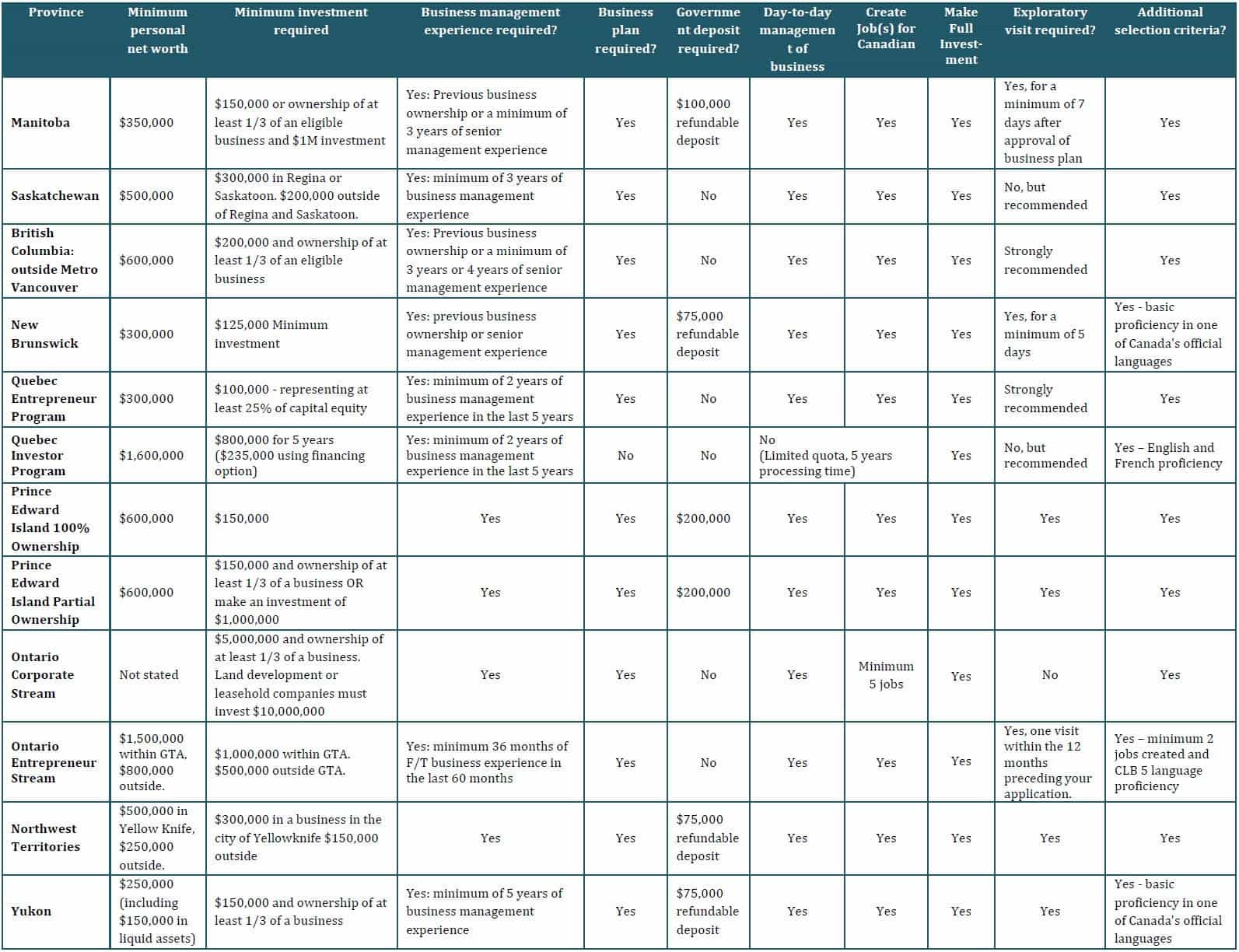4 tips to achieve career success as a new immigrant to Canada
CIC News > Latest News > > > 4 tips to achieve career success as a new immigrant to Canada Investing in your skills and knowledge can make you more competitive in the Canadian labour market.
For newcomers, one of the priorities upon arriving in Canada is establishing your career.
It is a significant step to launching your life in your new country. Major life goals such as car or home ownership or saving for retirement become possible when your career potential in Canada is unleashed. To set your Canadian career in motion, you need a career success plan.
A career success plan can be developed independently or with the help of a career coach. It outlines the steps you need to take to reach your career goals through education, training, accreditation, professional development courses, or networking.
For skilled newcomers, who bring international training to Canada from their countries of origin, the thought of returning to school can be daunting. Balancing school with full-time work or family obligations may apply added pressure to those experiencing financial stress.
However, investing in your skills and knowledge can make you more competitive in a Canadian labour market where in-demand skills are a valued asset. To help you develop your career plan, and move closer to achieving your career goals, we’ve put together some tips to ensure your plans become a reality.
1) Choose the right education pathway
In Canada, there are numerous ways newcomers can enhance their skills and knowledge through education. Some post-secondary programs or professional development courses are industry-specific, like bridge training, virtual bootcamps or microcredentials. Others require significant time and money, like university degrees, college diplomas or continuing education certificates.
To find your fit, consider the type of industry you want to work in, and the certifications, training or professional development courses required. Research has shown that skilled newcomers who understand the educational pathway steps are able to grow their incomes and achieve career success. A helpful first step is to look at job descriptions to decide what level of education you need. Getting recommendations from friends, career coaches or colleagues is another way to determine if an educational opportunity is right for you.
2) Prioritize your career plan
Balancing personal commitments and work with your career success plan as you establish your life in Canada can be demanding.
Putting your career plan and its associated actions and goals, at the top of your priority list is often easier said than done. It helps to carve out time daily and complete small tasks to incrementally reach your goals. By strategically scheduling your days or weeks, to allow for sufficient time to study, complete professional development coursework and build your professional network, you will set yourself up for career advancement. You might also consider setting up a dedicated study space and making public commitments to friends and family of tasks you want to complete or goals you have set as part of your career success planning.
3) Put technology to work for you
Whether it’s the development of your career success plan, or the execution of it, when it comes to reaching your professional goals, technology can help you on your journey. Mobile apps and career planning tools are more prevalent than ever. You can use free Government of Canada online career planning resources to understand your areas of interest and skills better. You can plan your action steps using other virtual tools like the Alberta-based alis platform. Or, apps like Flow and a multitude of others can help you track and measure your progress toward achieving your education, career development and professional goals.
Windmill Microlending’s Skilled Immigrant Career Success Guide is a free downloadable resource to help you learn about the steps you need to reach your professional goals in Canada including how to build a budget, strengthen your network and identify the credentials you need to achieve career success. Learn more.
4) Have a financial plan
Understanding how to finance your career plan as a newcomer to Canada is almost as important as the plan itself. Without financial support or resources, you won’t be able to pay for the education or professional development courses identified in your career success plan. That’s why it’s essential to develop your financial plan alongside your career success plan.
Your financial plan should consist of the sources (where the money comes from), goals (how you want to spend it) and timing (when you’ll be spending it) related to how you’ll pay for the costs of your career success plan.
Many free financial planning templates exist to help you develop yours. Grants and affordable loans available for skilled newcomers looking to get licensed in Canada and organizations such as Windmill Microlending, a national charitable organization exclusively for skilled immigrants and refugees.
Windmill Microlending offers low-interest loans of up to $15,000 to cover the costs of tuition, program fees, textbooks and study materials, living allowance, relocation and other expenses such as child care, while you study.















